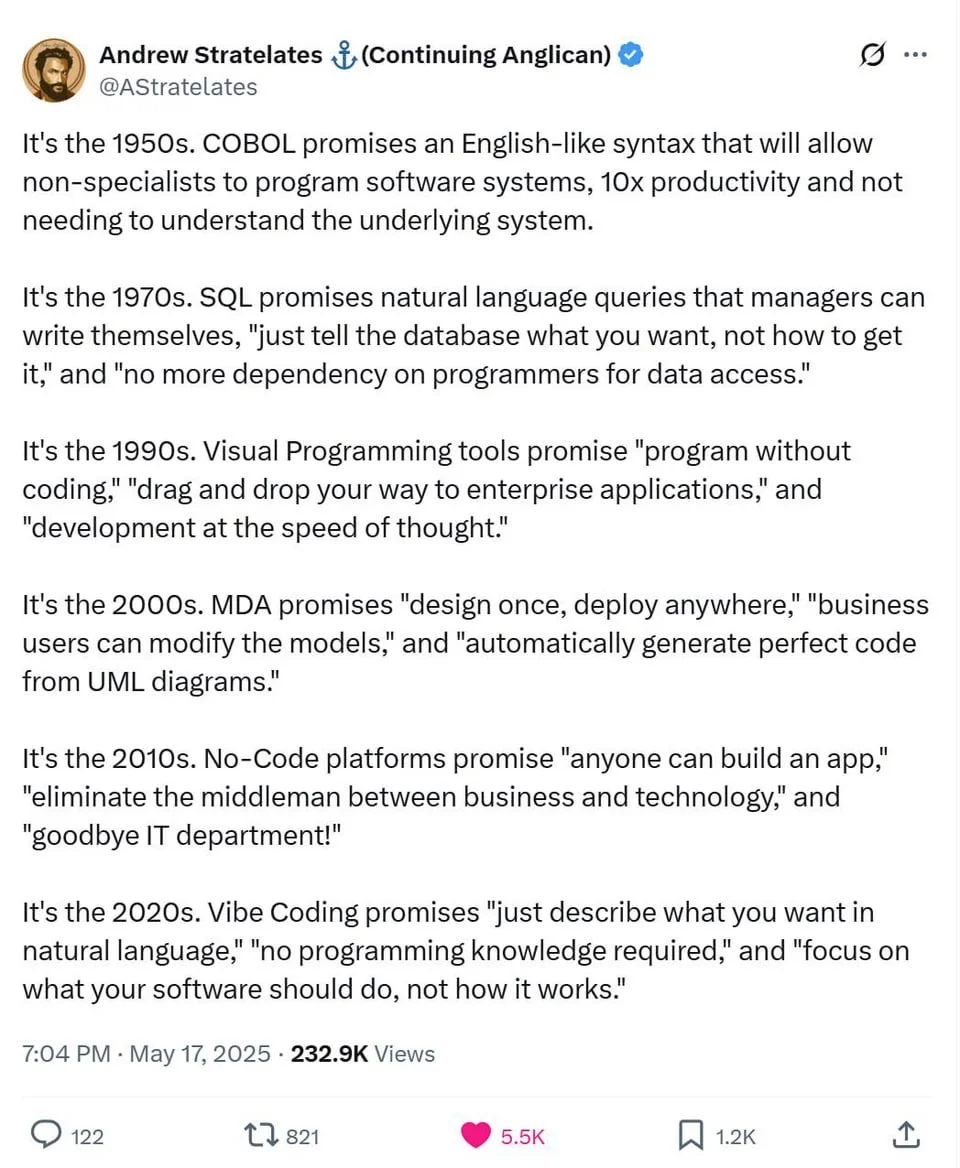Financial Services System Engineering. Author.
| Website | https://juliangamble.com/ |
| Website | https://juliangamble.com/ |
One big thing, among many many many aspects of the series, that I absolute LOVE...
...is that it *humanizes* fascists.
And I mean that in a terror filled way.
It shows many different people living in and supporting fascism. It shows the sociopathic leaders who will consume their own people to get power. It shows people who try to capitalize on the system to move themselves up the socio-economic ladder. It shows people who are true believers and think they are superior to others and desire a state of order where those others are oppressed or snuffed out. It shows people living privileged lives unaffected (until they're not) by fascist actions on the fringe.
It shows how we can't DISMISS fascists as just "monsters". They are human. Through and through.
Other series have attempted to do this, but they run the very real risk of being fascist apologists or inadvertently showing an idealized world that modern day fascists celebrate (I'm looking at you "Man in the High Castle"!!!)
#Andor is able to humanize fascists WHILE condemning their acts as evil.
Neither a caricature of cartoonish villianry nor an apologist coddling of fascism.
Just masterful.
In 1976, Sesame Street had a segment in rotation called “Pinball Number Count.” The music is captivating, hopping between 4/4, 4/3, and 5/4 time signatures. And the animation is bursting with color and life. It has forever lived in my head.
Fun fact 1: the song counts to 12, but there were only 11 segments.
Fun fact 2: the vocals were provided by The Pointer Sisters.
More:
https://en.wikipedia.org/wiki/Pinball_Number_Count
#SesameStreet #Music #Funk #Jazz #Retro #Soul #Pinball #Animation
